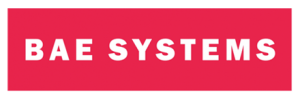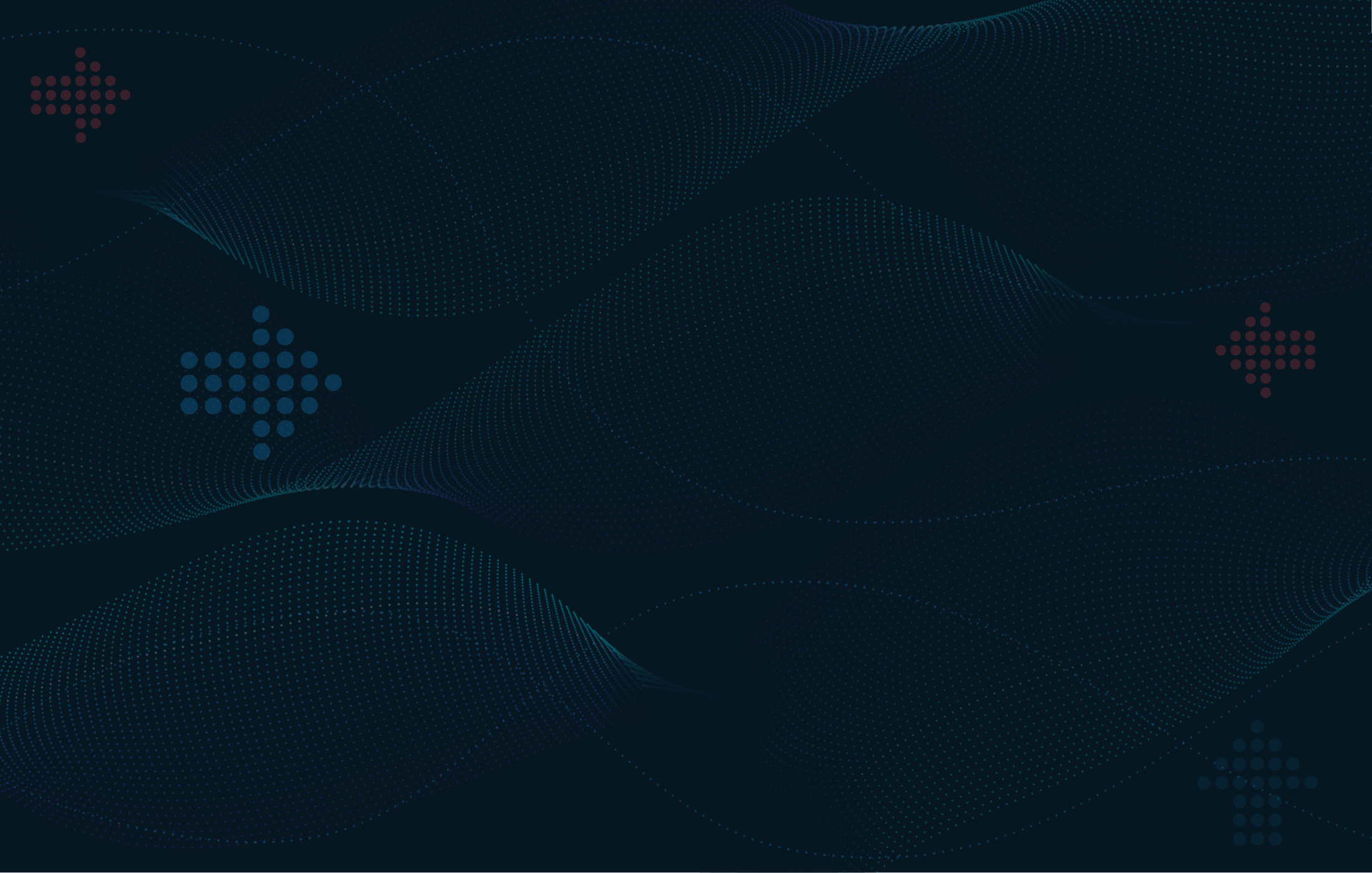Regulatory compliance
Every company must adhere to a myriad of laws and regulations as part of their day-to-day operations. Many companies, however, are not adequately equipped to track potential risks, violations, and bad actors across their entire organization, in real-time. Rational Governance can proactively and defensibly avoid compliance violations by being trained to recognize potentially problematic communications and behavior, and then alert administrators should they be detected. RG also enables immediate and targeted searching, analytics, machine learning, and iterative exploration across unstructured electronic documents from a central interface, should a regulator issue a request for documents. Take control of your information – your reputation depends on it.
Data privacy protection
Whether your company is subject to GDPR, CCPA, SHIELD Act, PIPEDA, or a combination thereof, not doing enough to ensure data privacy could be a costly mistake. It’s not enough to write procedures for proper use of private information; you must actually enforce them across data “in-the-wild.” Rational Governance is the ideal GRC tool to document your Personal Data (PD) as an ongoing business function, as it tracks and controls every document within an organization from the moment of creation. The automated document actions empower privacy professionals to enforce retention, controls the flow of data, notify admins on lapses in compliance, and quickly respond to requests from individuals and regulatory authorities.
Records & Information Management (RIM)
Gathering regulatory intelligence and analyzing business processes to build out an informed retention schedule can be a tremendous task. Not to mention maintaining data according to those policies, which is nearly impossible, as typical solutions rely on input from employees. That’s why Rational Governance is the perfect RIM solution. RG can automatically recognize data fitting into the most complex categories and specify exactly what should happen to those records, in a consistent, documented, and highly defensible way, all while taking the onus of classifying documents into policies off of employees. Don’t spend the effort on defining how your electronic data should be managed without empowering the organization to actually do it.
Enhancing Enterprise Content Management (ECM)
The problem with most ECM systems is that they require employees to save or move documents to the appropriate folder locations for the designated policies to be enforced. Of course, employees rarely perform such a task correctly, if they undertake it at all. Rational Governance is able to enhance the utility of ECMs through tight integration – by first identifying and classifying records in-place, and then automatically moving those records from disparate data sources into their correct folder locations in an ECM for long-term records management.
Supply chain data governance
Many large industrial organizations have been held to account for the activities of their suppliers, and all have valuable information assets residing with those external parties. To ensure that GRC and data governance policies of suppliers are in compliance with your own, and to help maintain the security of sensitive information residing outside the direct control of your organization, push RG adoption down the supply chain to enforce data governance wherever important information resides.
“Rational Governance is a key element to helping us achieve our information management goals. With tools for data mapping, search, auto-classification, and policy enforcement, RG has dramatically improved our process for identifying and retaining records.”







